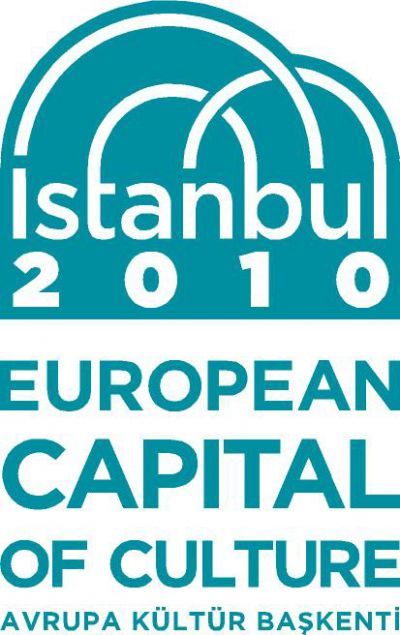Istanbul launches year as European cultural capital

Istanbul on Saturday launched a year of art events as it became one of three Cultural Capitals of Europe for 2010, feting the occasion with concerts, street shows and firework displays.
The accolade, bestowed by the European Union, is seen by Turkey as an opportunity to reaffirm its bid to join the bloc and showcase a diverse heritage shaped by both Western and Eastern cultures.
Festivities, including light shows, were organised at seven locations across the city of 14 million, symbolising the seven hills on which ancient Istanbul was built.
Several museums were to stay open until midnight.
About 5,000 guests, among them ministers from some 20 European countries, attended a reception hosted by Turkish President Abdullah Gul and Prime Minister Recep Tayyip Erdogan.
"Istanbul is a European city. With its heart, its culture and civilisation, its people, its past and future, it has always looked towards Europe," Erdogan said. "Istanbul has shaped European culture and has been shaped by it."
"This shows that not only Istanbul, but Turkey is European and should join the European Union," he added.
Turkey began membership talks in 2005, but progress in the negotiations has been held up by frequent political disputes and opposition to the mainly Muslim country's accession by members of the bloc, notably France and Germany.
Istanbul, which once served as the capital of the Roman, Byzantine and Ottoman empires, has been designated as a cultural capital along with the German city of Essen and the Hungarian city of Pecs.
The first Turkish city to be given the title, Istanbul hopes to increase the number of its visitors from 7.5 to 10 million with around 170 cultural events throughout the year.
Founded by Roman Emperor Constantine in 330 under the name of Constantinople, the city was conquered by Ottoman Turks in 1453 and served as their capital until modern Turkey was founded in 1923, with its capital in Ankara.
Istanbul however has remained as Turkey's cultural and financial centre, growing into a sprawling metropolis spread over dozens of square kilometres (miles) on both sides of the Bosphorus Strait separating Europe and Asia.
The agency responsible for the events, Istanbul 2010, selected about 520 projects, two-thirds of which are related to historical heritage and the remaining to arts events.
The programme will feature the opening in July of the Museum of Innocence, conceived by 2006 Nobel literature laureate Orhan Pamuk following the release of his latest novel bearing the same name; the exhibition "From Byzantium to Istanbul" in September and November; the European Universities Theatre Festival in May and a concert by Irish rock band U2 in September.
Subscribe to Independent Premium to bookmark this article
Want to bookmark your favourite articles and stories to read or reference later? Start your Independent Premium subscription today.

Join our commenting forum
Join thought-provoking conversations, follow other Independent readers and see their replies